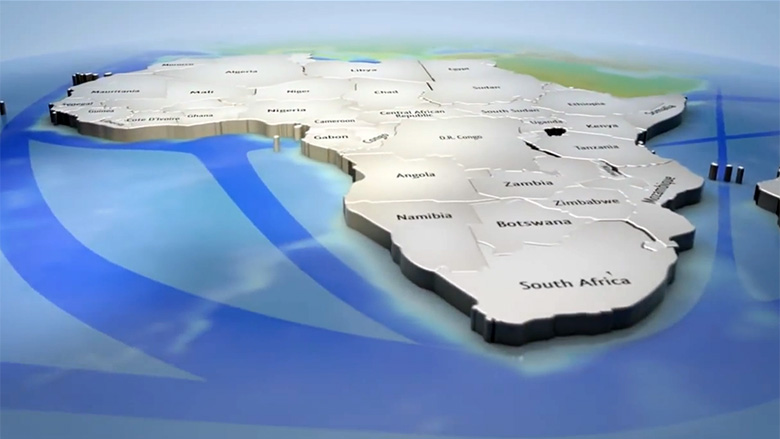BongoHive Co -founder Simunza Muyangana was fearful that Zambian emerging businesses have not fully maximized benefits of the AGOA initiative and Joe Danguro a Nigerian Policy Analyst explained Nigeria on the fence strategy. Tutwa Consulting’s Analyst Langalanga affirmed the skew towards bigger businesses the CFTA will have.
With the Gambia being the twenty second (22) nation of fifty four nations to ratify the Africa Continental Free Trade Agreement – CFTA, other players such as Nigeria still remain on the fence. The United Nations Economic Commission for Africa – UNECA said the CFTA will translate into 52.5% increase in trade volumes across the continent.
More analysts believe the free trade agreement is no different from similar arrangements such as the Africa Growth Opportunity Agreement – AGOA, Southern Africa Development Community – SADC and Common Market for East and South Africa counties – COMESA which member states have not fully utilized. Azwimphelile Langalanga a Senior International Trade Analyst at Tutwa Consulting in an interview for Capital Connection of CNBC Africa appreciated the open markets the CFTA will result in. However he bemoaned the skew towards developed economies such as South Africa, Kenya, Egypt alongside their big businesses that already plug into massive value chains.
Speaking for Zambian entrepreneurs BongoHive Co- founder and Director Simunza Muyangana echoed similar sentiments with concern around the fate of smaller businesses especially that they do not have the competitive advantage. With reference to AGOA, Muyangana was fearful that Zambian businesses had not fully maximized the opportunities the US open market AGOA provided.
“We welcome opening of markets, but what is critical is our ability to hold, contain and service these markets,” Muyangana said on the program.
Muyangana revealed that smaller entrepreneurs still struggle with understanding basic standards and lack the technical know how on how to tap into pools of opportunities.
Nigeria Africa’s largest economy with a robust industrial base struggled with the AGOA initiative alongside other nations such as Kenya and Egypt, Joe Danguro a Nigerian Policy Analyst said. Danguro said free trade does not necessarily mean fair trade. He said this making reference to problematic global agreements such as the European Union in light of Brexit. Nigeria has been on the fence vis the CFTA given the experiences it has had with similar trade initiatives and as such is still assessing the viability of this proposed option. Danguro said African nations need to develop capacity in local markets before making decisions to export, there is need for market balancing.
Challenges in the trade space still exist from a customs and logistic point of view. African borders still grapple with long truck queues such as at the Kusambalesa in the DRC with Zambia which are hurdles to the success of the AFTA.
“Nigeria could be held hostage by the business community as such key decisions as these are usually driven by corporates rather than the political community,” Langalanga said.
“It is very much okay for nations to be very cautious about making hasty decisions as they weigh their industrialization capacity,” Muyangana said backing Nigeria’s stance.

